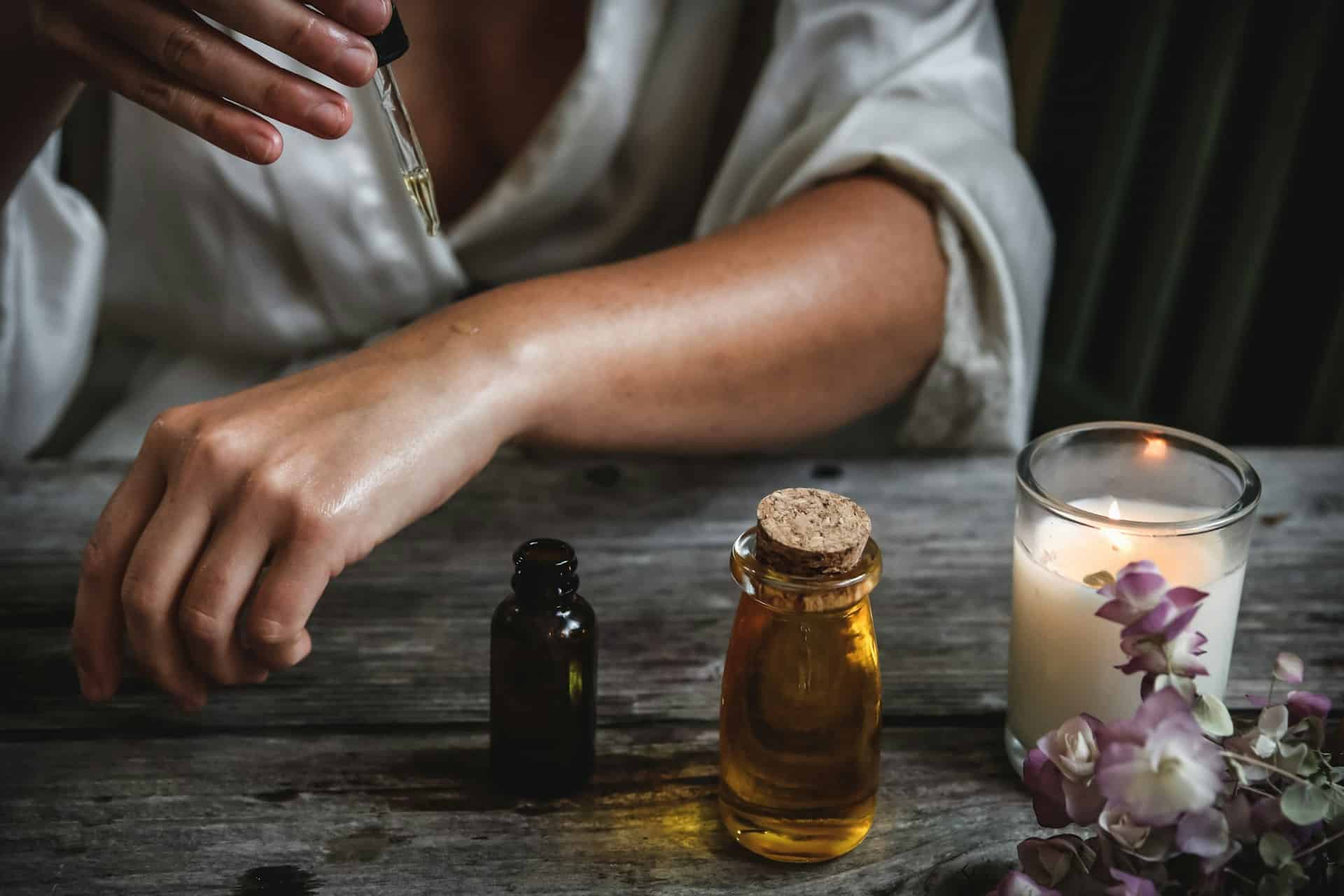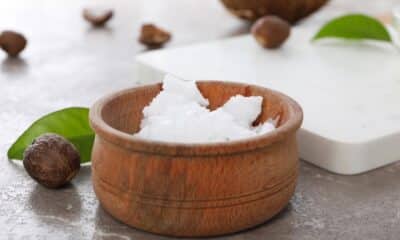Transform Your Skin with Castor Oil: Discover Expert Tips for a Glowing Complexion
Understanding Castor Oil in Skincare
For those dedicated to a skincare regimen, the essentials often include a cleanser, a targeted serum, moisturizer, and a broad-spectrum sunscreen. However, the skincare world is rich with plant-derived ingredients that warrant attention, one of which is castor oil. Traditionally hailed for its benefits in hair care, castor oil is just starting to gain traction in the skincare scene due to its multiple positive properties.
What is Castor Oil?
Castor oil is extracted from the seeds of the castor bean plant, known scientifically as Ricinus communis, and thrives in tropical and subtropical climates. The oil is produced using a cold-pressing method that preserves its beneficial properties. While it is primarily recognized for its hair conditioning benefits, castor oil’s versatility extends into culinary uses, pharmaceuticals, and, importantly, dermatology.
Key Benefits of Castor Oil
1. Exceptional Moisturization
The notably thick consistency of castor oil gives it excellent emollient properties. It is particularly beneficial in retaining moisture. According to skincare experts, castor oil creates an occlusive barrier that helps lock in hydration, making it an excellent choice for those with dry or sensitive skin. Its high content of fatty acids, especially ricinoleic acid, works to improve skin elasticity while promoting a smoother and more vibrant complexion.
2. Anti-inflammatory and Antimicrobial Properties
Research highlights that castor oil not only reduces inflammation but also has antibacterial properties. The ricinoleic acid contained in castor oil has shown efficacy in combating acne-causing bacteria, making it a multi-faceted solution for various skin concerns.
Is Castor Oil Suitable for Facial Use?
While many experts assert that castor oil can be applied to the face, it’s crucial to consider individual skin types. Those with sensitive or acne-prone skin should approach its use with caution. The oil’s thickness may contribute to clogged pores, particularly if the skin is not adequately cleansed. It might be prudent for individuals with oily skin to dilute castor oil with a lighter carrier oil, such as jojoba or sweet almond oil, or incorporate it into a moisturizer.
Incorporating Castor Oil into Your Skincare Routine
To integrate castor oil effectively, consider using it as a moisture-retaining layer, particularly in dryer seasons. Experts suggest looking for products that already include castor oil for ease of use. Additionally, it can serve as a localized treatment for dry patches of skin, soothing inflamed or irritated areas without overwhelming your entire face.
Precautions and Risks
While castor oil offers many benefits, there are some risks to be aware of. Its thickness can indeed raise concerns regarding pore blockage, especially for those prone to breakouts. Furthermore, allergic reactions, although rare, may occur. Individuals with sensitive skin should perform a patch test prior to widespread use to identify any adverse reactions.
Conclusion
Castor oil is gradually establishing itself as a valuable player in skincare, recognized for its hydration properties and richness in beneficial fatty acids. However, its thick texture makes it less suitable for individuals with oily or acne-prone skin. By applying it thoughtfully and considering personal skin needs, castor oil could be a worthwhile addition to your skincare arsenal, ensuring healthier, more moisturized skin in your beauty routine.














